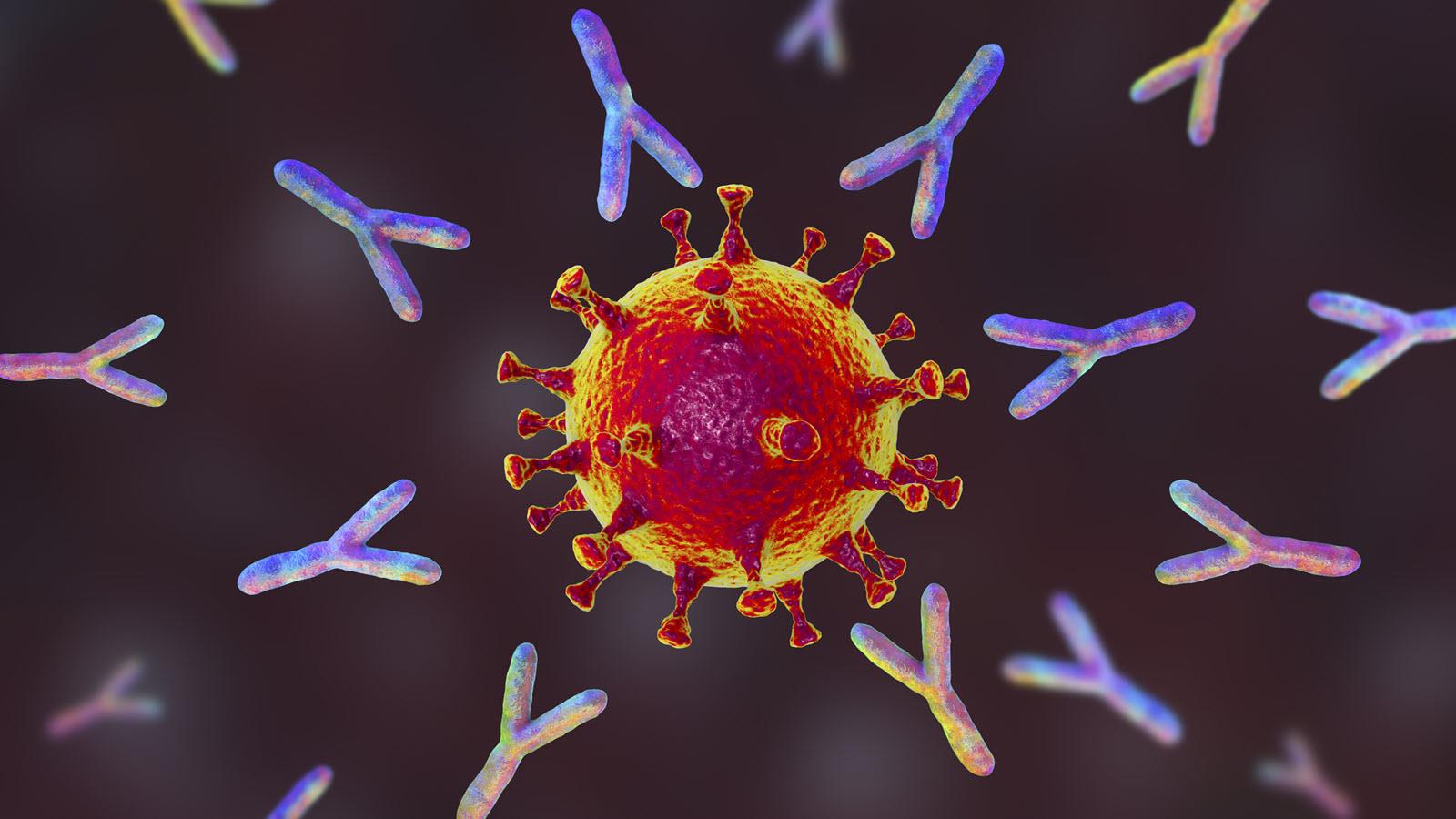Patients who have immune system problems, including primary immunodeficiency (PID), should get three doses of a COVID-19 vaccine followed by a booster dose, the U.S. Centers for Disease Control and Prevention has recommended.
The updated guidance for three shots and a booster came after new research was published in early November and followed an August recommendation from the CDC that urged a third dose for immunocompromised people. The new study included 20,000 immune-compromised patients and found that they showed a weaker immune response after receiving mRNA COVID-19 vaccines, which are typically given in a two-dose regimen. The recommendation was issued before news broke about the Omicron variant.
“Studies suggest that immunocompromised persons who receive COVID-19 vaccination might not develop high neutralizing antibody titers or be as protected against severe COVID-19 outcomes as are immunocompetent persons,” the Immune Deficiency Foundation (IDF) said on its website.
The effectiveness of mRNA vaccination against hospitalization was lower (77%) in immunocompromised adults than other adults for whom the vaccine’s effectiveness was 90%, the CDC said. The immunocompromised face a double threat: they are possibly more at risk from severe effects of COVID-19 and the vaccine appears to be less effective in protecting them.
The study looked at hospitalizations in 187 hospitals in nine states between January 17 and September 5 of this year. It compared the 20,000 immune-compromised patients with about 69,000 people who were not immunocompromised. About half in each group was fully vaccinated.
Three percent of the population is immune-compromised, meaning their immune systems are impaired in some way, the CDC study said. This includes people who have PID as well as those who are immune-compromised because of medicine they’re receiving, such as antirejection treatment following transplant surgery.
The IDF has been regularly updating patients throughout the pandemic, in both English and Spanish. Immunologist Kathleen Sullivan told IDF members in October that COVID-19 remains a risk for them, but research was helping to clarify who was most at risk. There are several hundred types of PID and the ones that appear most susceptible to severe COVID-19 impacts are those conditions that affect interferon, a hormone that’s part of the immune response to infection.



